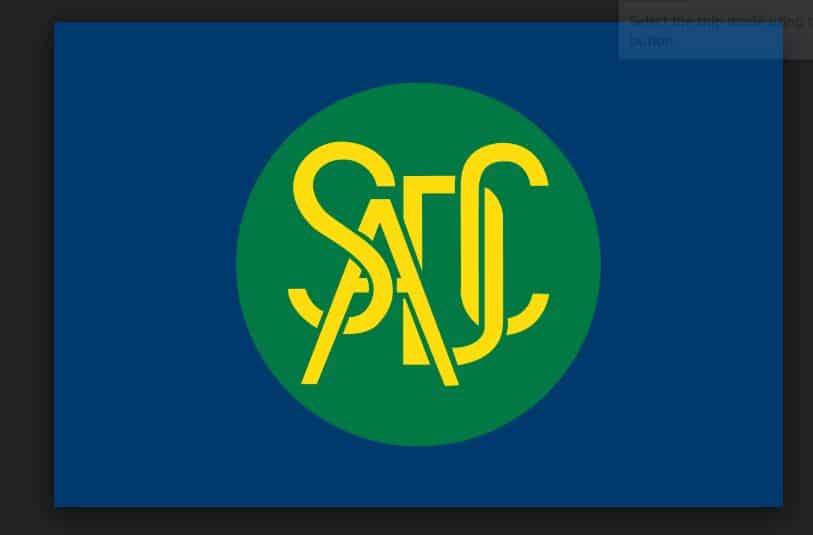ZwNews Chief Correspondent
As Zimbabwe is expected to be debated today, at the African Union Summit (AU) currently underway in Addis Ababa, Ethiopia, the continental body is unlikely to get the real picture of what is obtainable in the country, as it is exposed to only one voice of the story, President Emmerson Mnangagwa’s narrative.
In the profession of journalism, a story is never complete without giving other players in the story the right to reply. Just before the summit, President Mnangagwa recently sent his cronies to brief several African governments on the situation on the ground, with them allegedly ordered to give a narrative that blames all the country’s problems on the opposition.
As if that was not enough, the President and his team attending the AU Summit are reportedly on the offensive drive, dishing out statements meant to tarnish the image of the opposition party, the Movement for Democratic Change Alliance (MDC-Alliance), in the eyes of the attending delegates.
Meanwhile, the failure by the African body (AU) to get the side of the country’s opposition, particularly MDC-Alliance president Nelson Chamisa, would compromise any attempts by the continental body to find a solution.
Critics believe, the African Union should at least seek the voice of the country’s opposition in order to get a clear picture, if it is to entertain any possibility of finding a solution.
For some, the Summit had happened at the right moment, when Zimbabwe desperately needs help than before, however, it is more likely than not that come end of the Summit, it would be just another chance squandered, believes Elder Mabhunu a political commentator based in Bindura.
He says while opposition are not officially to be invited, since the Summit is for heads of states, but for the sake of solving Zimbabwean crisis, it would have been good for the continental body hear both sides of story.
The continental and regional bodies in Africa have been called on to help find a solution to Zimbabwe’s issues. Various human rights groups and organisations have been calling the regional, continental, and international community to intervene in the Zimbabwean crisis. For some, the ongoing summit could provide such an opportunity for the debating of the country’s matter, however, the missing voice the opposition, has been identified as one of the missing links, if the summit is to try and find a solution to the issues dogging the Southern African country.
Southern Africa Human Rights Watch director Dewa Mavhinga says that it would have been good for the AU Summit to invite opposition leader Chamisa and other various human rights organisations, rather than basing their verdict on Mnangagwa’s side of the story only.
The AU and other regional bodies have over the years been blamed for failing to reprimand autocratic governments and human rights abuses by member states.
According to Mabhunu, the major undoing of these bodies, in a way has been promoted by former liberation movements who have remained in power in a number of countries that are key players in the regional bodies like SADC. He says the major problem with these movements is that they cannot criticise each other constructively, even when it is necessary.
Be that as it may, the alleged offensive drive by Mnangagwa’s team at summit come just few hours after he had invited opposition parties to a dialogue supposedly to chat the way forward, as far as the country’s economic and political situation is concerned. Many questioned Mnangagwa’s commitment and sincerity to the dialogue, saying the dialogue could have been motivated by his plan to fool the international community, and therefore were in bad faith.













